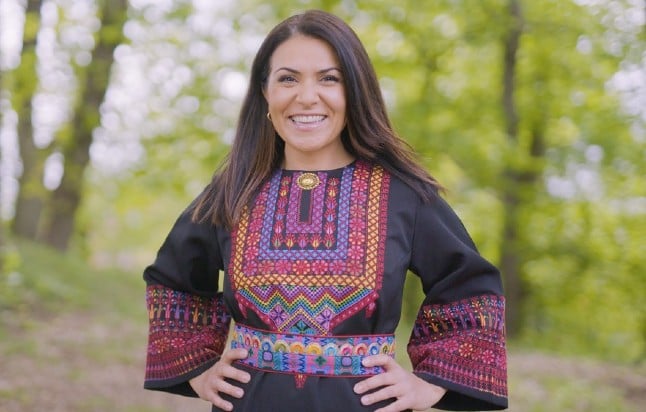Each show in the series, which producer Nils Gelting Andresen describes as "a feel-good program about death", ends with a practice-run in which the celebrity, for example, watches the coffin they've chosen be cremated.
"People will hopefully feel that they are better acquainted with the guests and discover aspects of them they had not known," Andresen told NRK.
NRK has developed an international reputation for its series of 'Slow TV' programmes, starting in 2009 with centenary of the Bergen railway line.
Rather than commission a conventional feature programme on the line, NRK instead decided to stick a camera on a train and broadcast the entire seven-hour trip from Oslo to Bergen, interweaving archive footage to liven up the programme.
Remarkably, it was a roaring success, with 1.2 million viewers, nearly a quarter of the population of Norway, tuning in for at least part of the trip.
Since then, the network has broadcast a cruise journey, a fire being slowly built and burned, and more recently, the knitting of a jumper, starting with the original sheep.
The first programme features Bjarne Brøndbo, the lead singer for Norwegian rock band D.D.E, who is shown decorating the coffin he would like to be cremated in.
"It is very strange to see the coffin here," he says. "At the age of almost 50 years, you do start to think a little that life has an end."
"According to my wife, I think I'm immortal," he says. "Actually, I'm terrified of dying, and that's why I try to live."
The singer decorates his coffin with the inscription "Rai Rai", a reference to the band's biggest hit, as well as the names of several members of his family, including his mother.
"My wish is that people should not be so very sad at my funeral," he says. "Afterwards, I hope that people meet to share stories over dinner, wine, coffee and brandy."
He wants the song "Where roses never die" to be played, as is traditional for his family.
The other celebrities taking part include the TV presenter Thomas Seltzer, and the adventurer and presenter Jarle Andhøy.



 Please whitelist us to continue reading.
Please whitelist us to continue reading.
Member comments